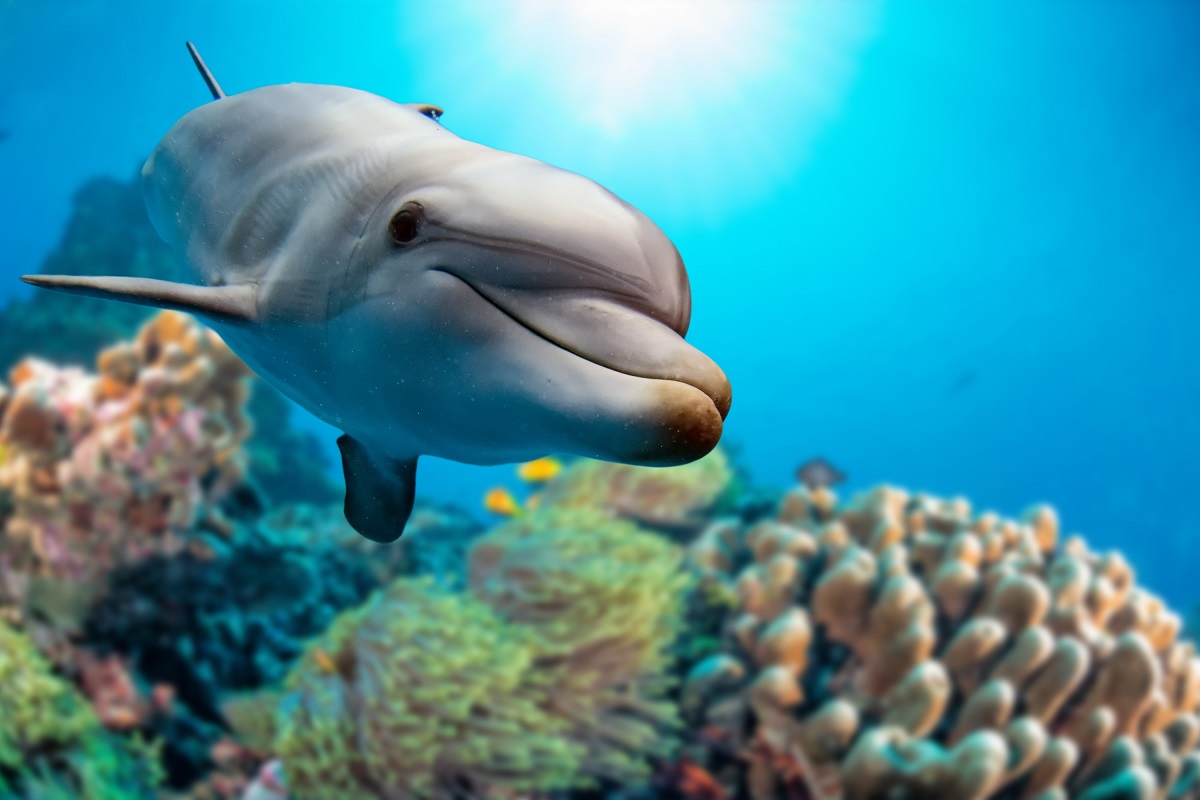Social bonds amongst male dolphins are more important than strength or age in reproductive success, a new study has shown.
The study, led by researchers at the University of Zurich, identified that well-integrated “popular” males with strong social bonds to many alliance partners produce the most offspring.
Examining male dolphins in Shark Bay, Western Australia, the research found that male dolphins live in complex social groups in which they form long-lasting bonds to cooperate with other males. To do this, they join in large, stable alliances. Within these alliances, males form smaller, less stable groups of two to three to mate with females, steal them from other alliances or defend against attacks.
Livia Gerber, a former PhD student at the Department of Anthropology of the University of Zurich, said this kind of male cooperation for the purpose of reproduction is highly unusual in the animal kingdom and has only been observed in a much less complex form in some other primates.
“Well-integrated males might be in a better position to harness the benefits of cooperation and access crucial resources such as food or mates. They may also be more resilient to partner loss compared to those with few, but closer partners.”
The researchers analysed 30 years of behavioural data from 85 male dolphins and used genetic data to conduct paternity analysis for over 400 dolphins.

